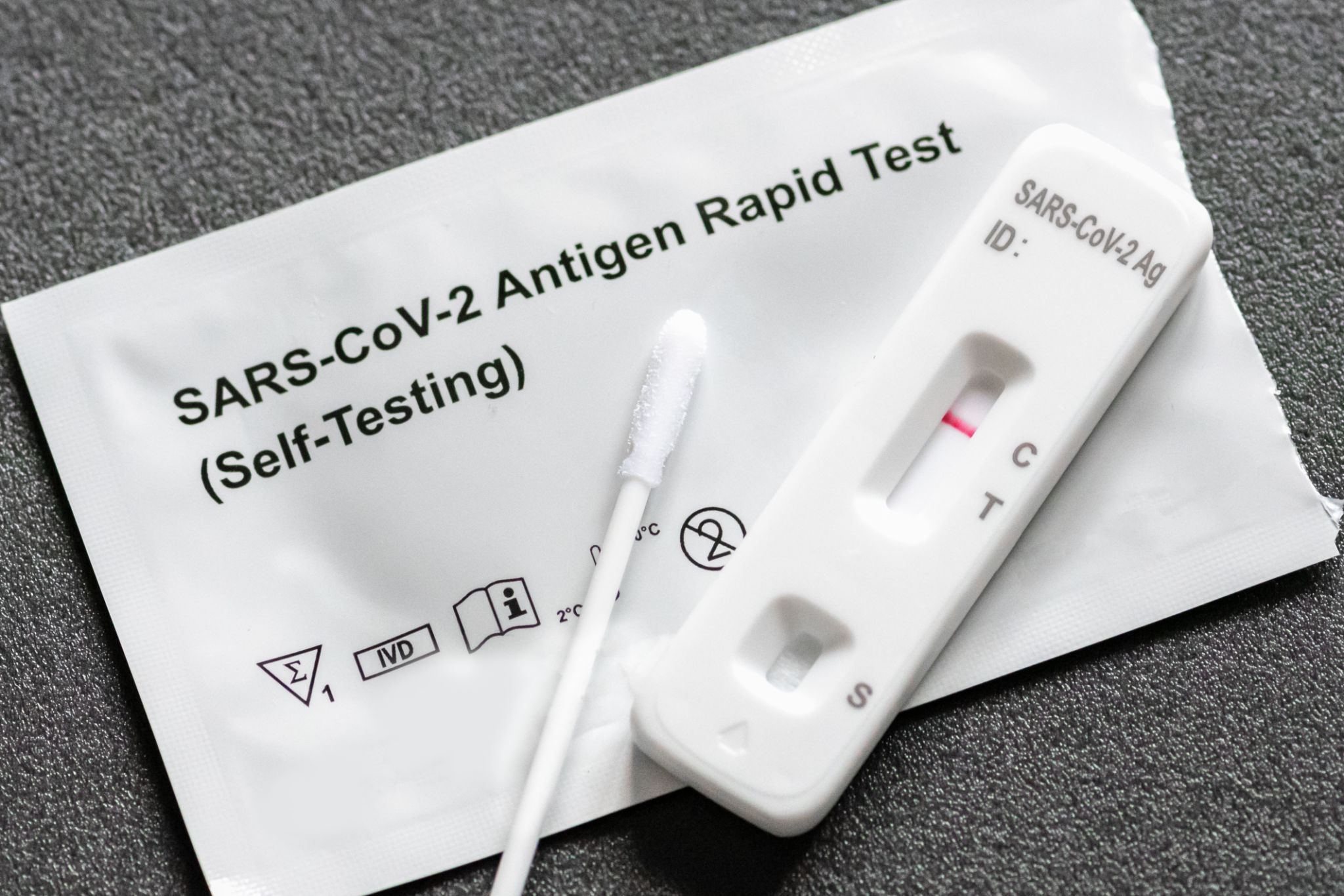Understanding the Different Types of COVID-19 Tests Available
Introduction to COVID-19 Testing
The COVID-19 pandemic has underscored the importance of widespread testing as a crucial tool in controlling the spread of the virus. Understanding the different types of tests available can help individuals make informed decisions about when and how to get tested. In this blog post, we will explore the primary types of COVID-19 tests, their purposes, and their differences.

Diagnostic Tests: PCR and Antigen Tests
Diagnostic tests are designed to determine if you are currently infected with the virus. There are two main types of diagnostic tests: PCR tests and antigen tests. The PCR test, or polymerase chain reaction test, is often considered the "gold standard" for detecting active COVID-19 infection. It works by amplifying viral genetic material to detectable levels, making it highly sensitive and accurate.
On the other hand, antigen tests detect specific proteins on the surface of the virus. While they are generally faster and less expensive than PCR tests, antigen tests are less sensitive, which means there's a higher chance of false negatives, especially in asymptomatic individuals.
Antibody Tests: Detecting Past Infections
Antibody tests, also known as serology tests, are used to identify previous infections with COVID-19 by detecting antibodies in the blood. These tests do not diagnose active infections but can indicate whether someone has had the virus in the past and developed an immune response.

It's important to note that the presence of antibodies does not necessarily mean you are immune to COVID-19. Research is ongoing to determine the extent and duration of immunity conferred by past infections.
Home Testing Options
With advancements in testing technology, home testing kits have become increasingly popular. These kits allow individuals to collect samples at home and either send them to a lab or receive rapid results on the spot. Home testing offers convenience and safety by minimizing exposure to others and reducing the burden on healthcare facilities.
However, it's crucial to follow the instructions carefully to ensure accurate results. Some home tests may require a prescription or doctor’s consultation, while others are available over-the-counter.

Choosing the Right Test
Selecting the appropriate test depends on your situation. If you are experiencing symptoms or have been in close contact with an infected person, a diagnostic test such as PCR or antigen is recommended. For those curious about past infection, an antibody test would be suitable.
If you need immediate results for travel or work purposes, consider a rapid antigen test, but be aware of its limitations in sensitivity.
Conclusion
Understanding the different types of COVID-19 tests can help guide your decision-making process regarding testing. Whether you're determining if you currently have the virus or checking for past exposure, knowing how each test works and its purpose is essential. Stay informed and make testing decisions based on your personal health needs and circumstances.